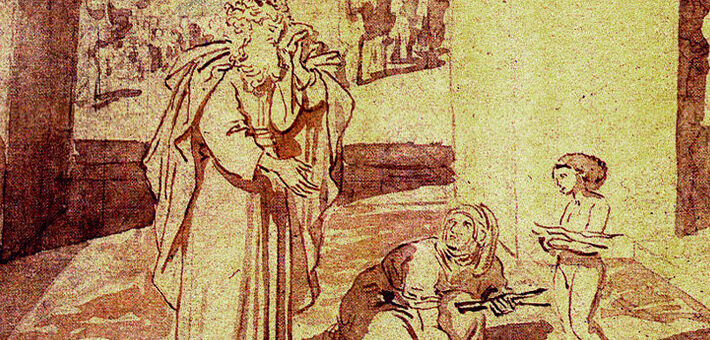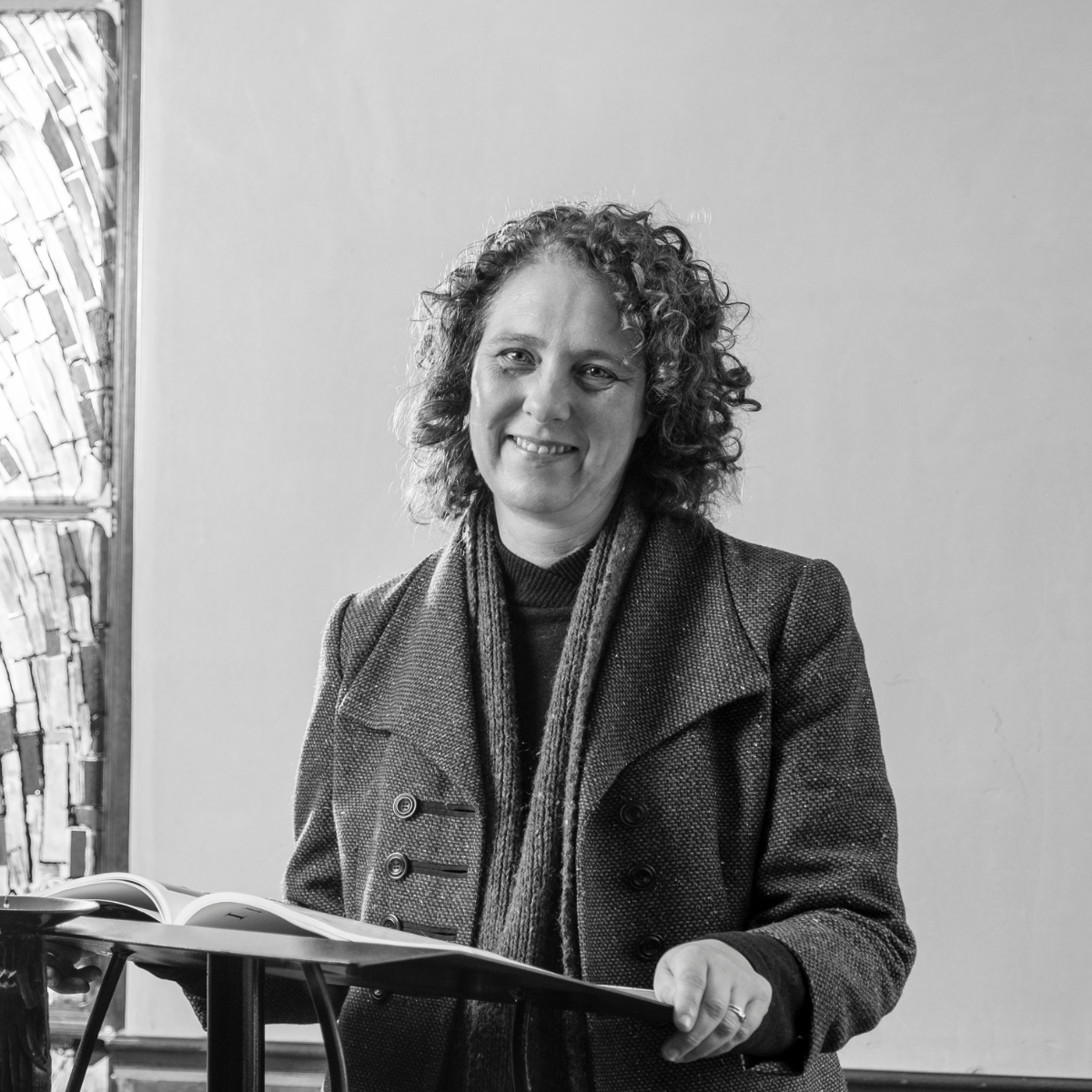Commentary on 1 Kings 17:17-24
Deprivation and despair are two words that come to mind when reading the stories narrated in 1 Kings 17.
Just before the text of Elijah healing the Widow of Zarephath’s son that is the lectionary text for this week, Elijah, fleeing for his life and living in exile, is sent to Zarephath where God tells him a widow will provide him with food. However at Zarephath, Elijah only encounters more desperation and a profound lack of resources. The widow he finds there is in no position to care for this prophet on the run. Rather, she and her son are dying themselves. At the brink of starvation, she discloses that she is actually busy preparing a last meal with the last few morsels of food left. After that she expects them to die from starvation.
As widow, this woman has known her share of misery. She has lost her husband and is struggling to care for her child. Together with the poor, foreigners and orphans, widows indeed could be characterized as persons whom Judith Butler describes as being in a state of precarity “in which certain populations suffer from failing social and economic networks of support and become differentially exposed to injury, violence, and death” (Frames of War, 25).
A compelling perspective to explore in this week’s lectionary reading is how it is exactly in situations of extreme need that God’s grace breaks in. God who provided Elijah with food by means of the unclean ravens in 1 Kings 17:4-6, now provides food to Elijah by first feeding the widow and her child. But if the reader thinks all is well, he/she is mistaken. The lectionary reading for today ironically starts with the very son of the widow who was just, in the previous periscope, saved by God’s gracious provision of food from a certain starvation death, dying for real when it is said that he was so gravely ill that “there was no breath left in him (v 17). However, continuing the irony, the mother who only a couple of verses earlier was too tired to continue making a living in a very precarious situation, who expressed a death wish and was ready to give up, now is adamant that she will not let her son die. Something has happened to this woman. Transformed by her encounter with Elijah, as well as strengthened by the steady supply of food provided by God, this widow has found once more the will to live not only for herself but also for her son.
In an interesting article on grieving mothers and the role of religion, Amy Kamalkofsky highlights the many instances in the Hebrew Bible of women weeping over their children. Zion lamenting for her dying children in the book of Lamentations, Rachel weeping inconsolably for her dead children in Jeremiah 31:15 and Rizpah mourning day and night over the bodies of her murdered sons in 2 Samuel 21 all show instances of women who respond religiously and creatively to the death of their children. But in 1 Kings 17, this mother does not want to sing a dirge over her dead son. Rather she demonstrates a remarkable measure of agency when she turns to the prophet to ask him to save her child. For Kamalkofsky, this story is an example of the role of religion in a time of bereavement that entails an active role for women, when as in the case of the widow, she turns to the particular religious representative in her community in order to intercede on behalf of her son, so resolutely willing life in a situation of death (“Women of God,” 61-67).
The widow of Zarephath’s religious response in 1 Kings 17 moreover reflects a deeply challenging type of faith when this bereaved mother asks difficult questions regarding her religion’s understanding regarding sin, suffering, disease and death. She sharply challenges Elijah, whom she addresses as “man of God,” overtly accusing him that it is Elijah’s presence that brought her sin under the attention of God which ultimately is responsible for the death of her son (v 18). It is the widow’s charge that in turn leads Elijah to confront God when he chastises God for bringing calamity upon the widow by killing her son (v 20).
However, God responds to this challenge of these two beleaguered individuals by revealing God’s true self. In these stories of deprivation, one finds the wonderful image of a God who Heals, who in conjunction with the God who Feeds in the previous pericopes bring life in a most precarious situation. So God is portrayed in 1 King 17:22 as listening to Elijah’s prayer for the son that the NRSV translates beautifully as “the life of the child came into him again, and he revived.” Elijah gives back a son who is alive to his mother, which causes her to recognize the acts of a Living God who brings life in situations of death.
The widow’s belief in a life-giving Deliverer God is clearly seen in the confession of the widow in 1 King 17:24: “Now I know that you are a man of God.” The God who is proclaimed in this pericope is indeed a God who transforms despair and mourning into laughter and hope.
But the widow’s confession, “You are a man of God,” also suggests that to actively work for ways in which to resist and counter those forces that impede life is to embody the work of God. So it is significant to keep in mind that Elijah himself is in an exceedingly desperate situation, fleeing for his life with no food and no shelter. Nevertheless, he is still able to act as God’s hands and feet on earth when he, as well as the widow and her son who are in equally dire straits, end up caring for one another. This is a great example of Judith Butler’s point than individuals and groups who lead a precarious existence, should work together forming alliances and showing solidarity with one another’s plight (Butler, Precarious Life, 43-49).


June 5, 2016